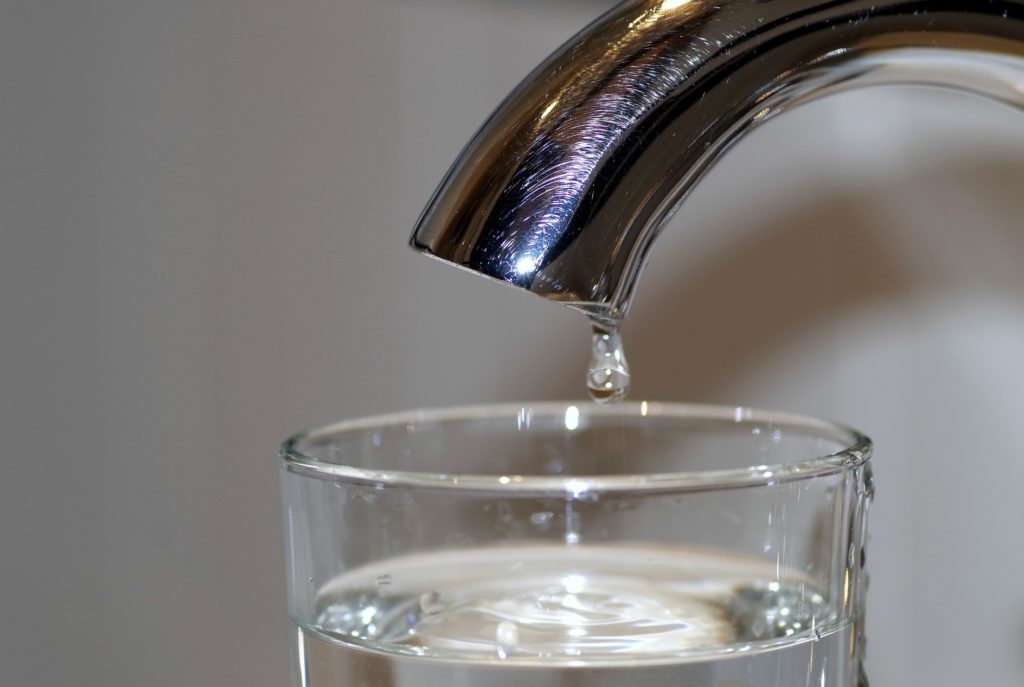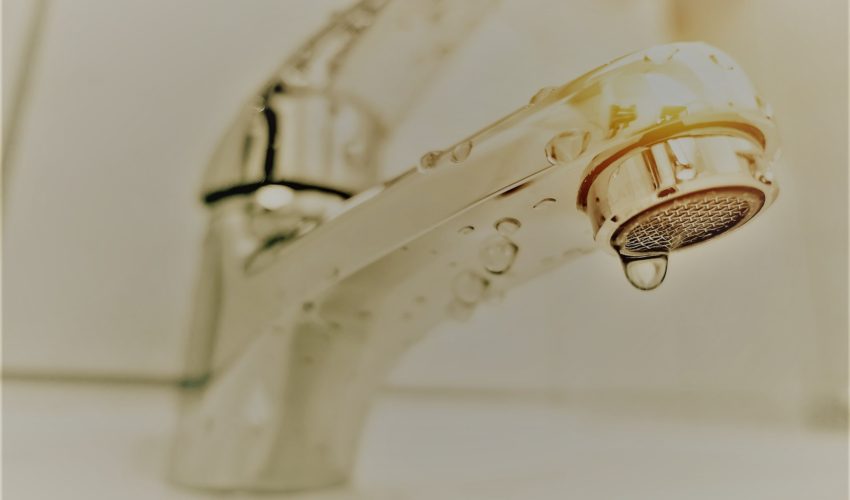Helpful Remedies for Managing Low Water Pressure in Your Home
Helpful Remedies for Managing Low Water Pressure in Your Home
Blog Article
Here down the page you'll find a good deal of extremely good advice in regards to Low Water Pressure in the House?.

Low tide pressure in your home can be an aggravating problem, affecting every little thing from bathing to cleaning recipes. If you're experiencing weak water flow, there are numerous possible causes and services to check out. In this overview, we'll talk about common factors for low water stress and sensible steps to deal with the problem properly.
Introduction to Low Water Stress
Low tide stress happens when the flow of water from your faucets, showers, and various other components is weak than normal. This can make everyday tasks much more challenging and much less efficient. Understanding the sources of low tide pressure is important to finding the best service.
Common Sources Of Low Water Pressure
Pipe Obstructions
In time, pipes can end up being obstructed with natural resource, debris, or debris, restricting the circulation of water. This is a common issue in older homes with galvanized steel pipelines.
Corrosion
Deterioration within pipelines can cause leaks and minimized water stress. Corrosion buildup can restrict water flow, particularly in aging plumbing systems.
Faulty Pressure Regulatory Authorities
Stress regulatory authorities are accountable for preserving constant water stress in your home. If they malfunction, it can cause low tide pressure or irregular circulation throughout the house.
Municipal Supply Of Water Issues
Occasionally, the problem lies outside your home. Metropolitan water issues, such as main line leakages or upkeep job, can momentarily minimize water pressure in your location.
Just How to Diagnose Low Water Pressure
Examining Faucets and Components
Begin by examining the water pressure at various faucets and components throughout your home. If the concern is isolated to details locations, it may indicate local troubles.
Evaluating Pipelines
Check visible pipes for indicators of leaks, corrosion, or obstructions. Focus on any unusual audios, such as knocking or rattling pipes, which might suggest problems within the plumbing system.
Consulting with a Plumber
If you're unable to identify the source of low tide stress, think about working with a specialist plumber to conduct a thorough assessment. They can recognize underlying issues and recommend ideal services.
Do It Yourself Solutions to Fix Low Water Stress
Cleaning Up Aerators and Showerheads
Mineral deposits can accumulate in aerators and showerheads, minimizing water flow. Eliminate and clean up these components routinely to boost water stress.
Flushing Hot Water Heater
Debris accumulation in the hot water heater can limit circulation and decrease effectiveness. Flushing the storage tank regularly aids get rid of debris and maintain optimum efficiency.
Examining Pressure Regulator
Guarantee that the pressure regulatory authority is operating properly. Changing or changing the regulator can aid recover correct water pressure throughout your home.
Cleaning Clogs in Water Lines
For small blockages, attempt utilizing a plumbing serpent or chemical drain cleaner to clear obstructions in pipes. Be cautious when using chemicals and follow safety and security standards.
When to Call a Specialist Plumber
If DIY efforts stop working to resolve the concern or if you presume substantial plumbing troubles, it's finest to look for help from a qualified plumber. They have the expertise and tools to deal with intricate concerns safely and effectively.
Safety Nets to Keep Water Stress
Routine Upkeep
Set up routine upkeep for your plumbing system to stop problems such as deterioration, leakages, and obstructions. Addressing small issues early can aid stay clear of more considerable fixings in the future.
Mounting a Pressure Booster
Take into consideration installing a pressure booster pump to boost water stress in areas with continually reduced flow. This can be particularly useful for multi-story homes or buildings with high-demand components.
Monitoring Water Usage
Bear in mind water use behaviors and prevent ill-using the plumbing system. Straightforward modifications, such as staggering showers and washing loads, can help maintain appropriate water stress.
Verdict
Dealing with low tide pressure can be irritating, however determining the underlying causes and applying suitable services can restore ideal circulation throughout your home. Whether it's cleansing aerators, checking pipes, or talking to a plumber, taking proactive steps can make sure a steady supply of water for your daily needs.
How to Fix Low Water Pressure In Your Home
Municipal Water Supply Issues
Scheduled maintenance, high demand, and water main breaks are all potential causes for low water pressure within a city or county’s water lines. While there’s not much you can do to personally fix a problem with your city or county’s water supply system, you can play a big role in documenting the issue and alerting those who can.
How to fix it:
Ask your neighbors if they are experiencing any issues with low water pressure. If multiple homes are affected, it’s likely related to the city’s water line.
Contact the local Water Authority to see if there is any maintenance taking place that might be affecting your supply. Also let them know of your specific issues. If other homeowners report the same issues, they’ll know that there could be a larger issue to look into.
Faulty Fixtures
A damaged or clogged shower head, faucet or appliance is the first thing we’d suggest checking, especially if low water pressure appears to be isolated to a specific area of your home.
How to fix it:
First, turn off the main water supply to your home.
Check the affected appliances for build-up or debris. In the case of a faucet, you can simply unscrew the aerator at the tip of the faucet. Showerheads should be fully detached from the water pipe.
While the appliances are detached, you may want to check the water supply to determine if the fixtures were in fact the issue.
To clean, soak the showerhead or aerator in vinegar and brush off any visible debris.
Reattach the fixtures and check the water pressure again. If it is still low, there is likely a deeper issue at hand, which can be determined by a professional plumber.
Pipe Obstructions
Mineral deposits, rust or other debris within water pipes can lead to blockages or corrosion over time.
How to fix it:
When you think of a clog, you probably think of a drain clog. While there are many DIY solutions to clearing a drain, clogs in a water pipe will almost always require the help of a professional plumber. A plumber will be able to locate the affected pipe and clean out any debris or mineral deposit buildup. In severe cases, the pipe may need to be replaced. Your plumber might also recommend a water softening system to remove the minerals from your home’s water supply that can contribute to pipe blockages over time.
Plumbing Leak
Undetected water line leaks can divert water away from your residential pipes, reducing the water pressure in your fixtures.
How to fix it:
Check your water meter by turning off all water sources and monitoring the meter for any movement, which could be a clear indicator of a potential leak.
Check all visible pipes for signs of leaking, including water stains, active dripping or damp spots around the pipe.
Inspect fixtures, including faucets and showerheads, for any drips.
Test the pressure but recording the pressure with the main water valve shut off. Leave off for a few hours and test again. A significant drop in pressure is a clear sign of a leak.
https://kiddcoplumbing.com/plumbing-blog/how-to-fix-low-water-pressure/

How to Fix Low Water Pressure In Your Home
Municipal Water Supply Issues
Scheduled maintenance, high demand, and water main breaks are all potential causes for low water pressure within a city or county’s water lines. While there’s not much you can do to personally fix a problem with your city or county’s water supply system, you can play a big role in documenting the issue and alerting those who can.
How to fix it:
Faulty Fixtures
A damaged or clogged shower head, faucet or appliance is the first thing we’d suggest checking, especially if low water pressure appears to be isolated to a specific area of your home.
How to fix it:
Pipe Obstructions
Mineral deposits, rust or other debris within water pipes can lead to blockages or corrosion over time.
How to fix it:
When you think of a clog, you probably think of a drain clog. While there are many DIY solutions to clearing a drain, clogs in a water pipe will almost always require the help of a professional plumber. A plumber will be able to locate the affected pipe and clean out any debris or mineral deposit buildup. In severe cases, the pipe may need to be replaced. Your plumber might also recommend a water softening system to remove the minerals from your home’s water supply that can contribute to pipe blockages over time.
Plumbing Leak
Undetected water line leaks can divert water away from your residential pipes, reducing the water pressure in your fixtures.
How to fix it:
https://kiddcoplumbing.com/plumbing-blog/how-to-fix-low-water-pressure/
I have been very curious about Low Water Pressure in the House? and I really hope you appreciated the new blog entry. For those who enjoyed our page please make sure you remember to pass it around. Thank you for being here. Kindly check up our blog back soon.
Contact Us Report this page